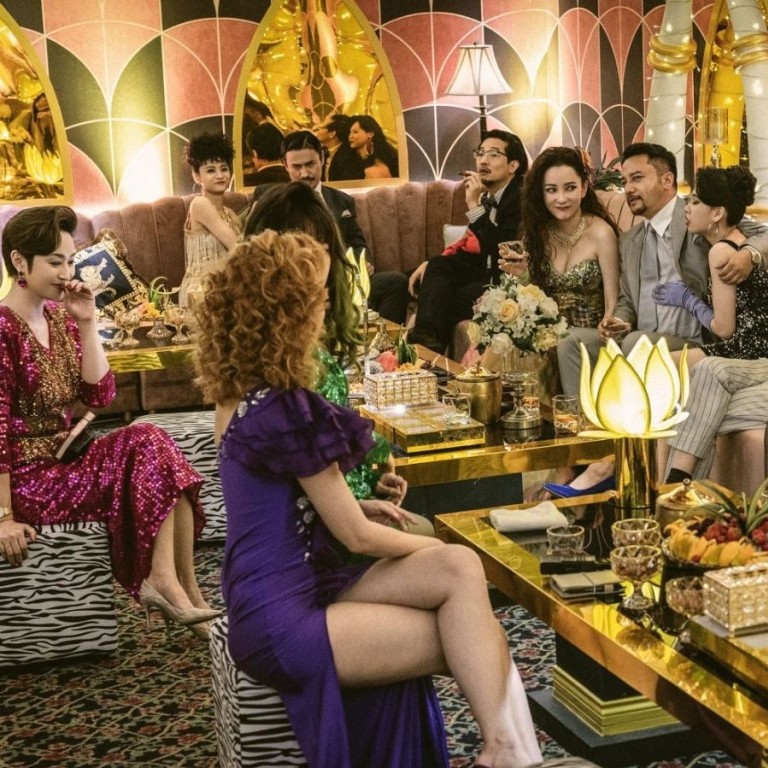
Letters | TVB’s Night Beauties is the stuff of voyeuristic male fantasy
- Readers discuss a television drama’s portrayal of Hong Kong’s sex industry in the 1980s, and the easing of rules on women freezing their eggs in Singapore
A drama currently airing on TVB has made headlines with its racy content and controversial scenes. Night Beauties is set in the 1980s and revolves around the lives of nightclub hostesses.
The episodes so far have featured sexual violence and a scene in which a mother persuaded her daughter to become a hostess. In response to criticism of that scene, one of the actresses said it was representative of “reality”.
By portraying this sensationalised “reality” of the sex industry, is the production trying to explore social issues such as the exploitation of women? Is it seeking to examine the power imbalance in gender and class? Or is its main purpose to entertain? Or, to be precise, to entertain men?
The graphic and disturbing depiction of women being battered and violated, bought and sold for men’s sexual gratification, does not seem to have any purpose other than to serve a voyeuristic male fantasy. And the effect it produces is the reduction of women to mere objects of desire, relegating them to a subordinate position.
The sexualisation of women is by no means a rare occurrence. In a beauty pageant held by another television station last year, contestants were asked to present the body part they were most proud of from a “boyfriend perspective” – a textbook example of the male gaze. This misogynistic attitude is upsetting but unsurprising given that the industry has always been male-dominated.
The media has a significant influence on social values and behaviour. It is high time it stops perpetuating patriarchal ideologies which are toxic to both men and women.
I also look forward to seeing more stories about women narrated from a female point of view by female directors and filmmakers. To be frank, I am tired of seeing the world through the lens of men.
Jenny Fok, Fanling
Consider child welfare in debate on freezing eggs
While some argue that women’s reproductive autonomy and control over their own bodies justifies allowing single women to freeze their eggs and choose single parenthood, the other side of the coin is child welfare and rights.
A woman’s right to choose comes with consequences and responsibilities that will not only affect her but will also have a profound impact on her unborn child, particularly in Asian societies that generally tend to be more socially conservative than Western countries.
For example, a woman may think that she is financially, emotionally and physically ready for single motherhood, but reality may not be so kind to her and her child.
She would have to juggle earning enough money with caring for her child, which can be both physically and emotionally draining. If she needs to work overtime to financially support her child, this may affect the parent-child relationship.
Can she rely on her parents and other family members to provide childcare and financial assistance during her single motherhood journey? If her parents and other family members disapprove of her choice in the first place, then she and her child will have a hard time.
By contrast, her married counterparts can also rely on their husbands and in-laws for additional childcare support, apart from their own parents. A single mother may end up spending extra money on a nanny or childcare centre.
Then, there are also potential detrimental psychosocial effects on a fatherless child. For example, how would the child feel upon going to school and observing that most classmates have a father and mother, while he or she has only a mother?
If a woman uses an anonymous sperm donor in her pursuit of single motherhood, the identity of the biological father of her child and the role that he plays in the child’s life would be a complete blank.
Hence, a single woman exercising her right to motherhood using eggs that had been frozen may not serve the best interests of her unborn child.
Dr Alexis Heng Boon Chin, Peking University, China

